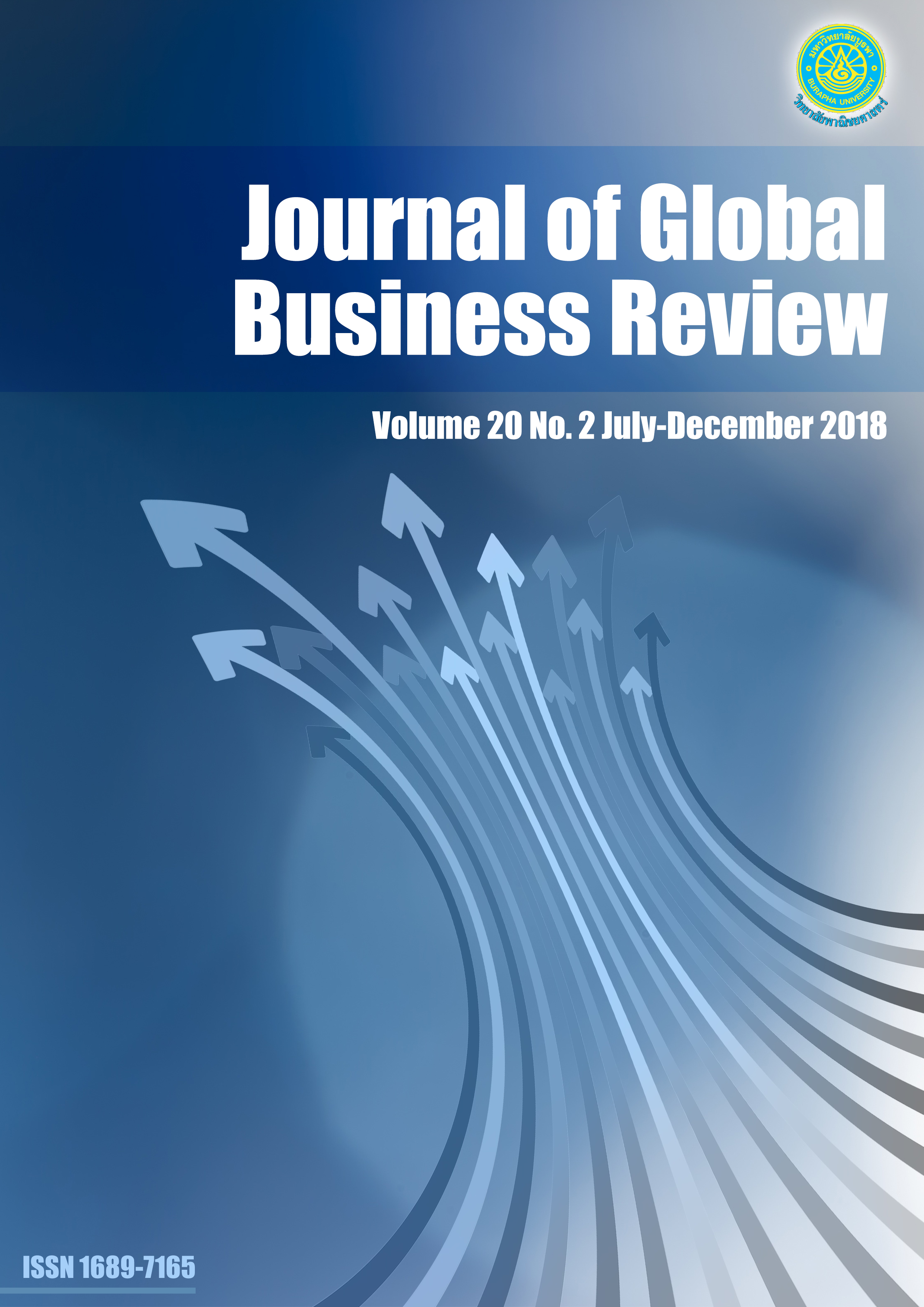Structural Parameter Estimation Biasin Welfare Effects of Tax Policy
Main Article Content
Abstract
A change in income tax policy can result in welfare loss to households and consequently reduce their consumption level. The government therefore gains benefit from welfare analysis and estimation to investigate the impact of its policy. However, welfare estimates are sensitive to calibrated or estimated parameter values. Significant biases in structural parameter estimates may lead to biases in welfare estimates and subsequently affect policy conclusions. Using a simple RBC model, we investigate the relationship between the bias in welfare cost estimates and the biases in structural parameter estimates and find the bias varies nonlinearly over the parameter space. Furthermore, the bias in welfare estimates depends upon the bias in different calibrated parameter values in very different ways. In our simple model, for example, bias in welfare estimation is increased if we assume too high a depreciation rate of capital or too low a capital share.


